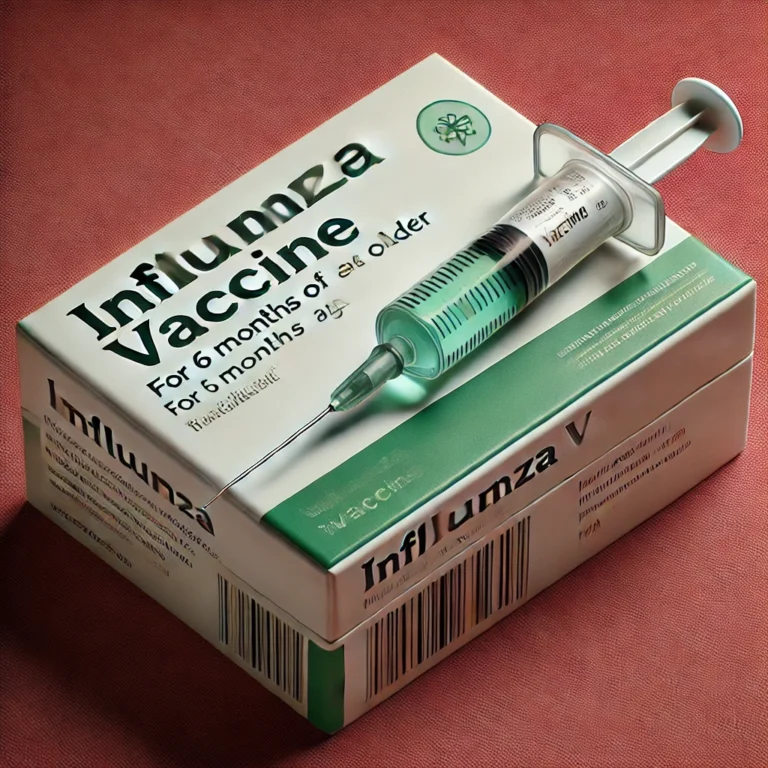A court ruling has granted Purdue Pharma, the pharmaceutical company implicated in the opioid crisis, the ability to shield the Sackler owners in its bankruptcy proceedings. This article examines the court’s decision and its implications for Purdue Pharma, the Sackler family, and the ongoing efforts to address the wide-ranging consequences of the opioid crisis.
The Court’s Ruling
The court’s ruling allows Purdue Pharma to protect the Sackler owners, who are members of the family that owns the company, during its bankruptcy proceedings. This protection shields the Sackler family from personal liability and helps preserve their wealth despite the legal challenges associated with Purdue Pharma’s role in the opioid crisis.
Implications for Purdue Pharma
The court’s decision to shield the Sackler owners has significant implications for Purdue Pharma. By providing this protection, the ruling allows the company to navigate its bankruptcy proceedings more effectively and potentially streamline the process of reaching a settlement with plaintiffs seeking compensation for the damages caused by the opioid crisis. However, it may also fuel criticism and public outcry, as many view the decision as shielding responsible parties from accountability.
Impact on the Sackler Family
The court ruling brings relief to the Sackler family, who have faced scrutiny and legal action in connection with Purdue Pharma’s involvement in the opioid crisis. With the ability to shield their personal wealth, the Sackler owners can safeguard their assets and potentially shield themselves from individual liability, ensuring their financial security remains intact.
Ongoing Efforts to Address the Opioid Crisis
The court’s decision comes amidst ongoing efforts to address the far-reaching impacts of the opioid crisis. The ruling has sparked debates about accountability, justice, and the responsibility of companies and individuals involved in fueling the epidemic. It underscores the challenges in holding parties accountable for their role in the crisis and the need for comprehensive measures to support affected communities and individuals.
Calls for Transparency and Accountability
The court ruling has also prompted renewed calls for transparency and accountability within the pharmaceutical industry. Critics argue that shielding the Sackler owners perpetuates a lack of accountability for the actions of Purdue Pharma, potentially hindering efforts to address the devastating consequences of the opioid crisis fully. Advocates emphasize the importance of ensuring justice for affected individuals and communities.
Conclusion
The court’s ruling granting Purdue Pharma the ability to protect the Sackler owners in its bankruptcy proceedings has far-reaching implications. While it allows Purdue Pharma to navigate its bankruptcy more smoothly, it raises concerns about accountability and justice in the aftermath of the opioid crisis. As efforts to address the crisis continue, transparency, accountability, and comprehensive support for affected communities remain crucial to addressing the devastating impacts and preventing similar tragedies in the future.












